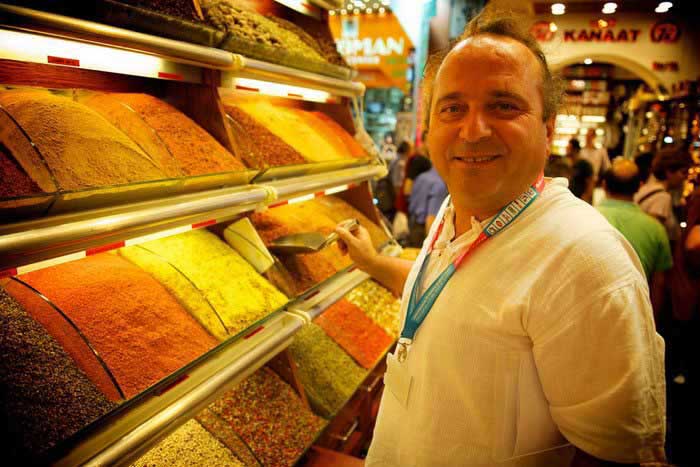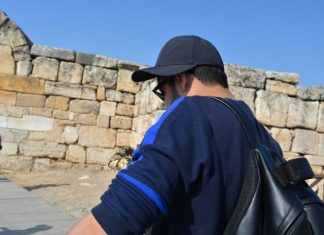He was expert in the conception and planning of unlikely designs. He showed no consideration for benefactors, no gratitude to anyone for friendship or solicitude or devotion on his behalf. But his powers of dissimulation were such that he could hide all that. After his promotion to Caesar, there was a fairly long interval before he became emperor, and he began to imagine in his own mind, secretly of course, what it would be like to rule. He began to plot the things he would do, picturing the scene to himself. Every member of the family was considered in turn.
All those who had shown him a favour and helped to promote him he planned to destroy. With the empress he would be bitterly angry. Some of his uncles he would kill, others he would drive into exile. And all the time he was imagining these things, he was even more careful than usual to appear friendly towards them.
The eunuch John was the principal object of his treacherous designs, but there was no hint of them in Michael’s behaviour. Indeed, the dissimulation in this case was even more adroit, for the nephew persisted in acting like an inferior and called John ‘sir’. His hopes of life and safety, he said, rested in John’s hands.
Whole business was suspicious
29. The others were unaware of the Caesar’s artifice and they knew nothing of the hidden depths of his soul, but John’s perception was more acute than Michael’s play-acting. To John the whole business was suspicious. Despite this, he thought no immediate change of policy was called for; he would act when a favourable opportunity presented itself.
The Caesar, on the other hand, was not deluded by his manoeuvres. So both lay in wait for each other, each secretly plotting, but simulating benevolence. Each thought he was deceiving his rival, yet neither was ignorant of the other’s designs. It was John however, who was caught, because he failed to make full use of his cunning. By putting off the chance to depose and overthrow the Caesar, he brought down on his own head the sum-total of the family misfortunes. I will tell that tale later.
30. It is my custom to attribute to Divine Providence the governance of great events, or rather I consider that all occurrences derive from Providence, if only our human nature is not corrupted. This event also, in my opinion, derived from a more than human prescience and direction — the fact, I mean, that the succession to the throne fell to the Caesar, and not to any other member of his family, because God knew it was through the Caesar that the whole family would be annihilated. However, that is a subject with which I will deal later.
Read More about Michael IV part 26








